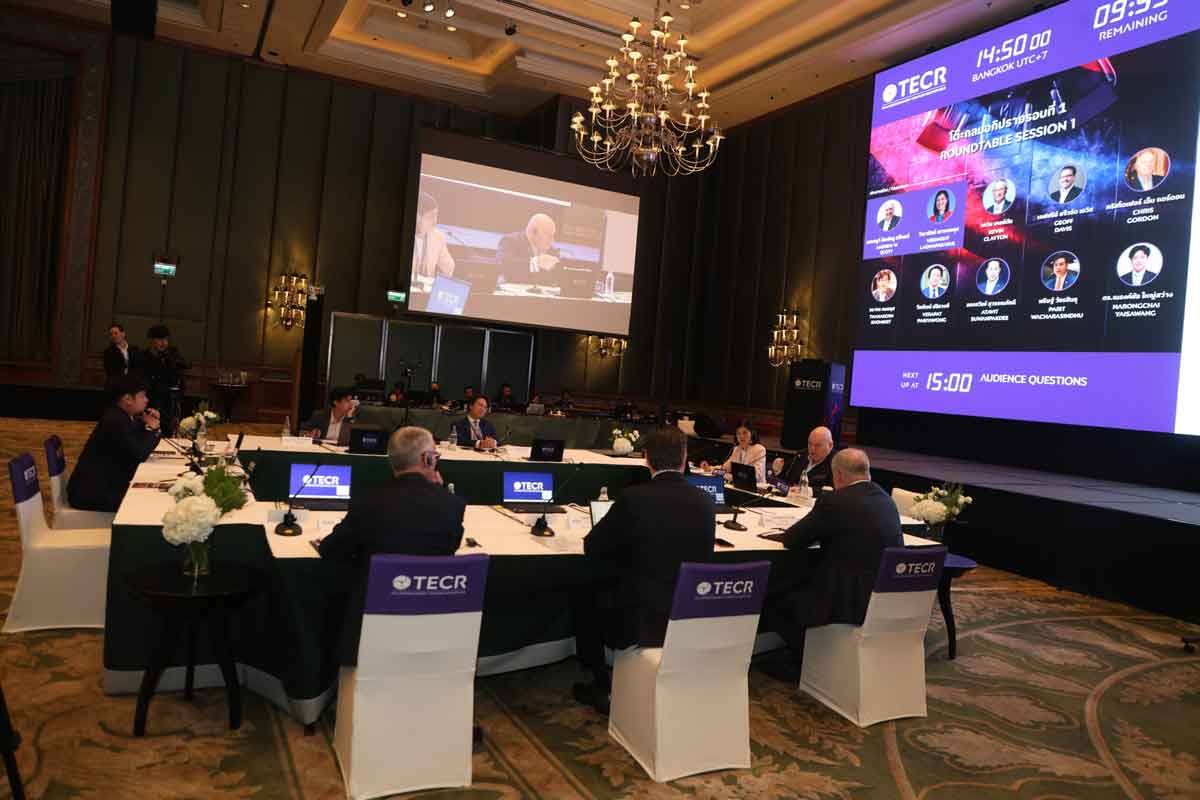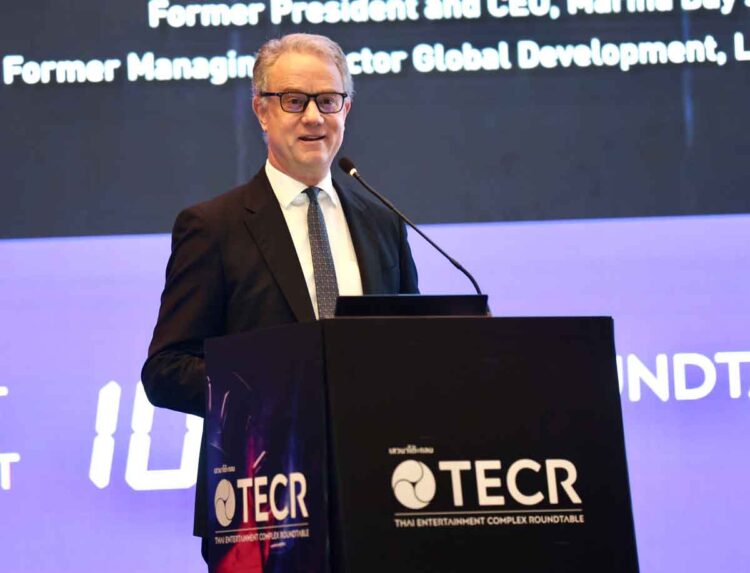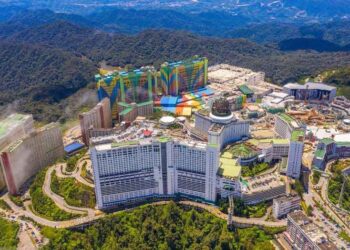The legalization of casinos within large-scale entertainment complexes “could be one of the biggest sources of foreign direct investment in [Thailand’s] history”, but realizing the opportunity will require a fact-driven approach and genuine alignment between the government and operators, according to former Marina Bay Sands President and CEO George Tanasijevich.
Tanasijevich, who was also formerly Managing Director of Global Development for MBS parent company Las Vegas Sands, offered his insights to an audience of influential Thai government and business leaders at the Thai Entertainment Complex Roundtable in Bangkok on Thursday.
Although he stressed that it must ultimately be up to Thailand itself to decide whether entertainment complexes represent a positive step forward, Tanasijevich said the opportunity was too big to sweep aside.
“You are facing a situation here where you have an immense opportunity and would be wise to consider it carefully to make sure you understand it fully before you make a final decision,” he said.
“The reality is that these opportunities don’t come along frequently. The amount of economic impact that can come from this is absolutely huge and there would be a corresponding and related impact in so many important areas if [Thailand decides] to go forward with it.”
However, Tanasijevich – who led Sands through the bidding process for one of the two licenses that was on offer in Singapore back in 2005 – reiterated the importance of close collaboration between government and operators given concerns over what restrictions may be placed on locals gambling in Thai casinos.
“In order to make the economic impact optimal, you’re going to have to attract the right investors and the best investors like certainty,” he said.
“There are certain things that need to be laid out so that people know what they’re facing if they are going to pitch for an opportunity in this market.
“A collaborative process will be absolutely critical – a close alignment and integration between operators and the government. This is an essential starting point for any kind of a dialogue so that both sides can understand each other and work towards a mutually satisfactory environment where the right decision can be made. That also means an alignment of interest between operators, government and the people of Thailand because the impact that entertainment complexes can have on the economy and on the labor market is significant.”

Tanasijevich noted that one of the first touch points between government-operator discussions should revolve around educating the public as to exactly what an entertainment complex is, what benefits they can bring and how international operators have traditionally managed risk.
This, he explained, is because any decision Thailand makes as a nation on whether or not to proceed with legal casinos should be fact-based.
“I recognize that this can be an emotional issue and some of the emotion is driven by fear of the unknown, but I think some of those concerns sometimes are shaped by misperception.”
The former MBS president did, however, praise Thailand for developing open-mindedness on the issue of legalizing casinos and called on the government and other stakeholders to work with operators to establish a competitive regulatory environment that fulfils the needs of all.
“This open mindedness is very important because the impact that could come from doing this right is substantial – it could be one of the biggest sources of foreign direct investment in history here, so you just can’t ignore this opportunity.
“The point I would make is that if Thailand is going to move forward it needs to be competitive in how it establishes its legal and regulatory environment because this is not the first market this type of business has been established in. There is already a framework that has been set that is based on experience and lessons learned. It is also something that operators and industry expect, so you don’t want to start from scratch with a blank sheet of paper. Instead, you should be looking at trying to create something that is based on international best practices, adjusted for local conditions to make sure it’s right for Thailand.
“Ultimately what people will be looking for is a situation where operations can be conducted efficiently and safeguards are put in place to protect people who might be at risk. That would ultimately ensure a win-win situation for everybody involved.
“But I think you also have to face the fact that, regardless of whether you think entertainment complexes are favorable or not, people are going to gamble so the choice is whether or not you want it to happen in Thailand legally through a structured regulated framework.”



































